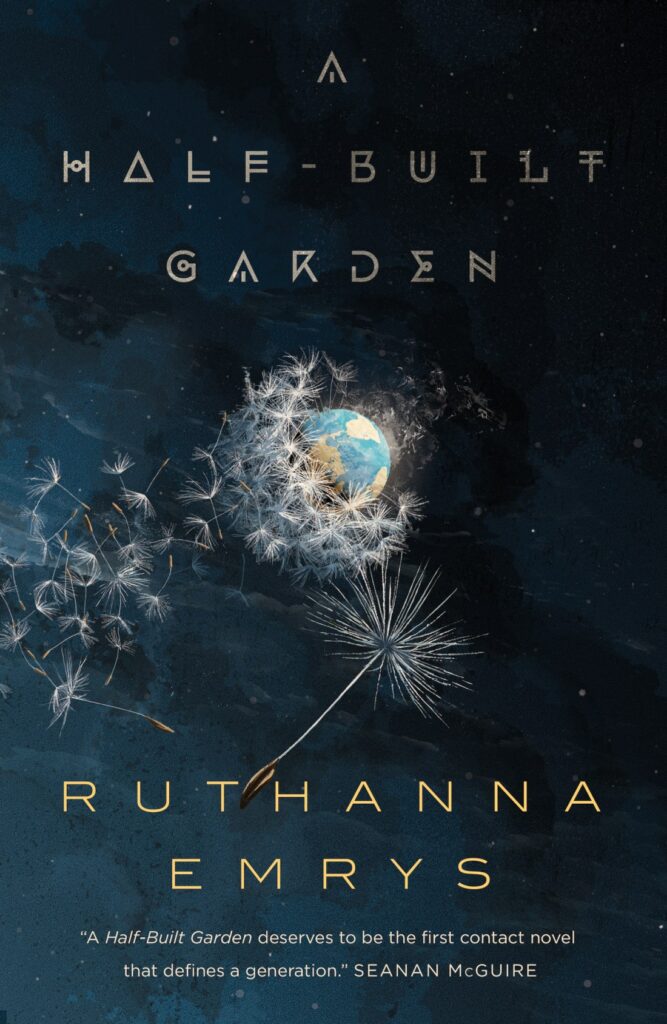
Genres: Queer Protagonists, Sci Fi
Representation: Queernorm world, Jewish sapphic MC, Jewish trans spouse, F/F, major character with prosthetic limb, major trans character, multiple neogenders
PoV: First-person, past-tense
Published on: 26th July 2022
ISBN: B09CNDZSYK
Goodreads

On a warm March night in 2083, Judy Wallach-Stevens wakes to a warning of unknown pollutants in the Chesapeake Bay. She heads out to check what she expects to be a false alarm--and stumbles upon the first alien visitors to Earth. These aliens have crossed the galaxy to save humanity, convinced that the people of Earth must leave their ecologically-ravaged planet behind and join them among the stars. And if humanity doesn't agree, they may need to be saved by force.
The watershed networks aren't ready to give up on Earth. Decades ago, they rose up to exile the last corporations to a few artificial islands, escape the dominance of nation-states, and reorganize humanity around the hope of keeping their world liveable. By sharing the burden of decision-making, they've started to heal the wounded planet.
But now corporations, nation-states, and networks all vie to represent humanity to these powerful new beings, and if any one accepts the aliens' offer, Earth may be lost. With everyone’s eyes turned skyward, everything hinges on the success of Judy's effort to create understanding, both within and beyond her own species.
I received this book for free from the publisher via NetGalley in exchange for an honest review. This does not affect my opinion of the book or the content of my review.
Highlights
~aliens that absolutely do not look like spiders
~corporations stuck in cages
~optimistic environmental sci-fi
~never underestimate a dandelion
~can we have this future??? please???
I have been staring blankly at my screen for over a week now, every time I sit down to try and talk about this book. It. It’s just. I have no idea how to be coherent about it. It’s brilliant and beautiful and breathlessly compelling, thoughtful and hopeful and wildly imaginative, revolutionary in so many ways. Reading it feels like the galaxy-brain meme; you can feel your mind expanding as all these new ideas and concepts come rushing in, redefining things you took for granted, making you really look at your own core beliefs, challenging precepts you thought were foundational.
Judy lives in a future in which climate collapse was just barely averted; a future in which people align themselves with watersheds rather than nations – instead of arbitrary lines drawn on a map, you belong to the eco-system you’re a part of. It’s a huge shift from how most of us think of ourselves today, but it’s also incredibly simple; the kind of thing that feels so obvious and correct once someone suggests it or points it out. Once I’d grasped the idea, I immediately wondered how is this not something we do already? It makes so much sense!
The watersheds honestly look pretty utopic from where I’m sitting, and that is in huge part due to the algorithms that govern their private network: ones that balance and moderate discussion, giving greater weight to people whose history and specialities are relevant, ‘downvoting’ those who don’t know what they’re talking about, collating information from different places and marking or even removing unsubstantiated facts and opinions. I mean. !!! Imagine if we had those now! Just the idea of them were enough to bring me to tears, but also seeing how they allow consensus to form, how everyone gets to weigh in on every decision made by the whole…gods. This. This. And how community grows out of this, the natural effect it has on those who live by it; there are no presidents or prime ministers, because they’re not needed. There’s no parliament, because everyone gets a say. When for whatever reason a spokesperson is needed, the watersheds send someone who specialises in the thing – but that person is still plugged into the network, and can convey the voice of their entire community. They’re not representing the group, they’re an avatar of the group, and that’s just. Mindblowing.
Which is one reason Judy is so uncomfortable when she becomes the de-facto representative of the watersheds – not just her own, but all of them! – to the aliens. Especially since it happens by accident. But the real problem is that due to her situation, she has to make decisions on her own, and try her best to figure out the right questions to ask, when typically she would be directed by the concensus of her whole community. From a reader’s perspective, this makes her incredibly interesting – someone who could usually expect to be somewhat passive in a task like this has to be active, even proactive instead, and we get to see how difficult that is for her, and the problems it causes for herself and those around her.
It doesn’t hurt that she’s surrounded by a marvelous cast: her wife Carol, and the co-parents who are the other half of their household, Dinar and Athëo, all of whom have very different backgrounds, interests, and specialisations, but all of whom come together as a non-traditional family that I really loved. (Speaking of which, I was delighted to see a future sci-fi with Judaism front-and-centre – there’s a Passover Seder that’s not just wonderful to read, but immensely plot-relevant!)
And of course, there’s the aliens themselves, primarily Cystosine, the First Mother of the vanguard ship, and Rhamnetin, whose job is to ask awkward questions. The premise of aliens who want to save humanity by removing them from Earth is an idea I’ve never seen before; I loved it for being such an original take, and for how easy it was to follow the aliens’ reasoning (even if I didn’t agree with it any more than Judy did). I thought Emrys did an excellent job straddling the line between making her aliens incomprehensibly Other and having them be recognisable as people, and although I’m always eager for more worldbuilding, I think she made the right call not to overwhelm us with all the intricacies of alien culture. We get more than enough to make our eyebrows shoot up and our jaws drop, but not so much that it distracts from the story – pretty much everything we learn about them is directly plot-relevant.
Honestly, I could type for weeks, and I still wouldn’t come close to doing this book justice. A Half-Built Garden is something really special, and painfully timely. Reading it was a joy, but it also hurt, because it’s so full of hope and I want that so badly. For me, this was much less a book about first-contact than it was about humans who have embraced the planet that made us; who are dedicated to being, and doing, better than previous generations; who are united in their passion to heal and protect and celebrate. It’s riveting, captivating, gloriously strange and unique and thought-provoking. I couldn’t put it down and never once wanted to.
A Half-Built Garden is literally flawless. There’s not one thing about it that isn’t polished to perfection. The prose gleams, the characters breathe, the story runs like a river. The worldbuilding is a gorgeous mosaic, every piece fitting together perfectly to create, not just a future I can believe in, but one I want to live in.
This is not one of the best books of the year; it’s one of the best books of the decade. Don’t miss it.
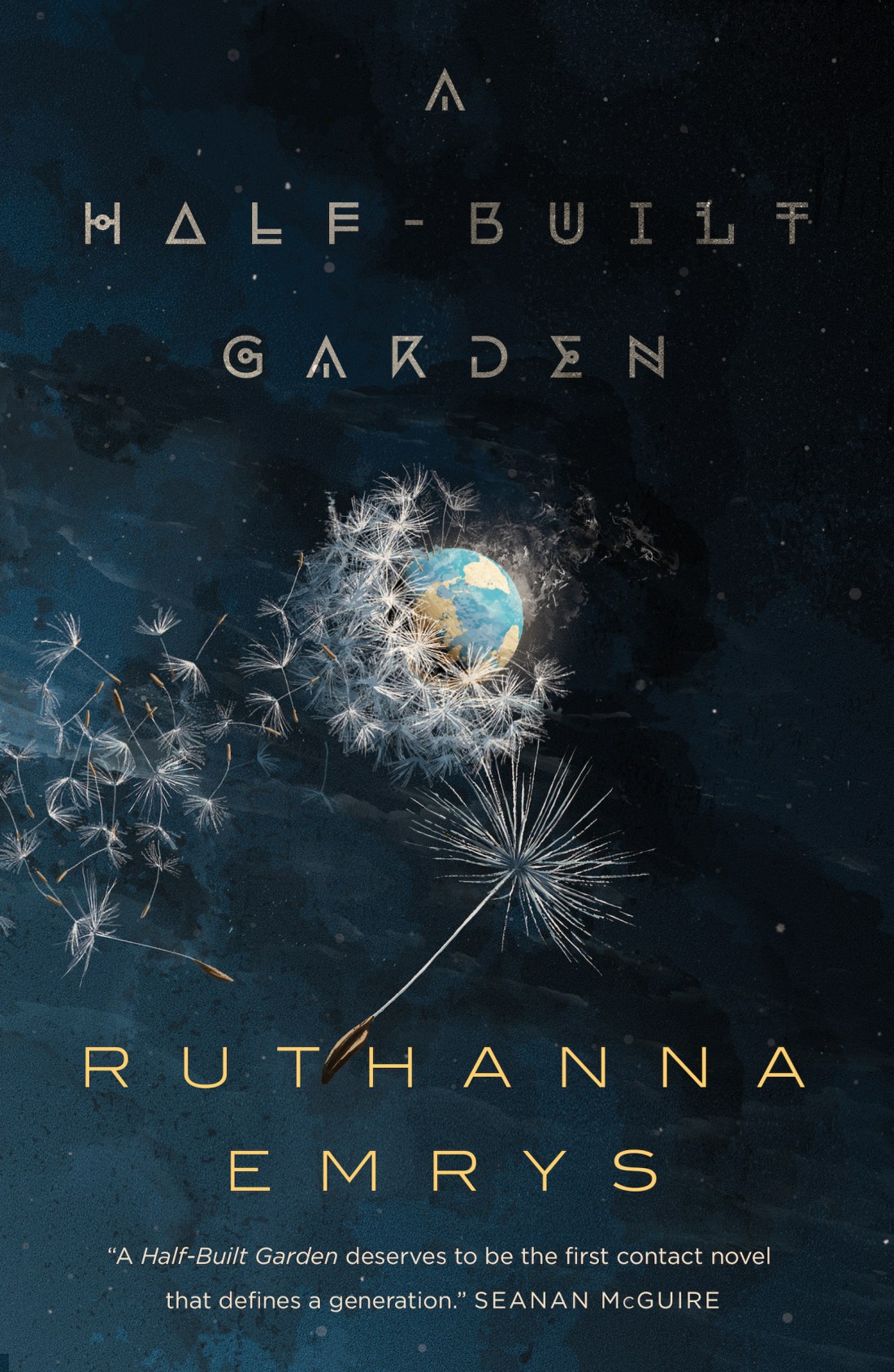

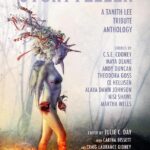

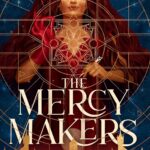
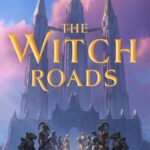

Onto the list it goes.
Your gorgeous review for Saint Death’s Daughter convinced me you’re awesome – this one confirms it.
This made my MONTH, thank you so much <333
❤!